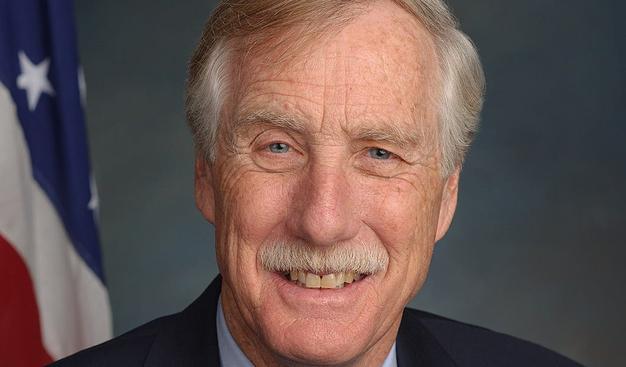I can’t remember who said the Democratic Party is acting like a •minority party• when what we need is an •opposition party•. The piece below captures that feeling (and its venom is fully justified).
1/
https://www.everythingishorrible.net/p/fucking-fight-you-useless-fucks
